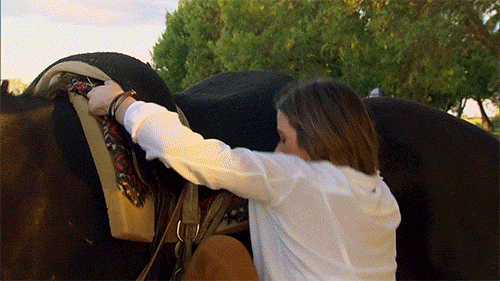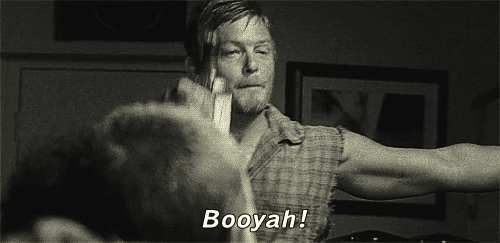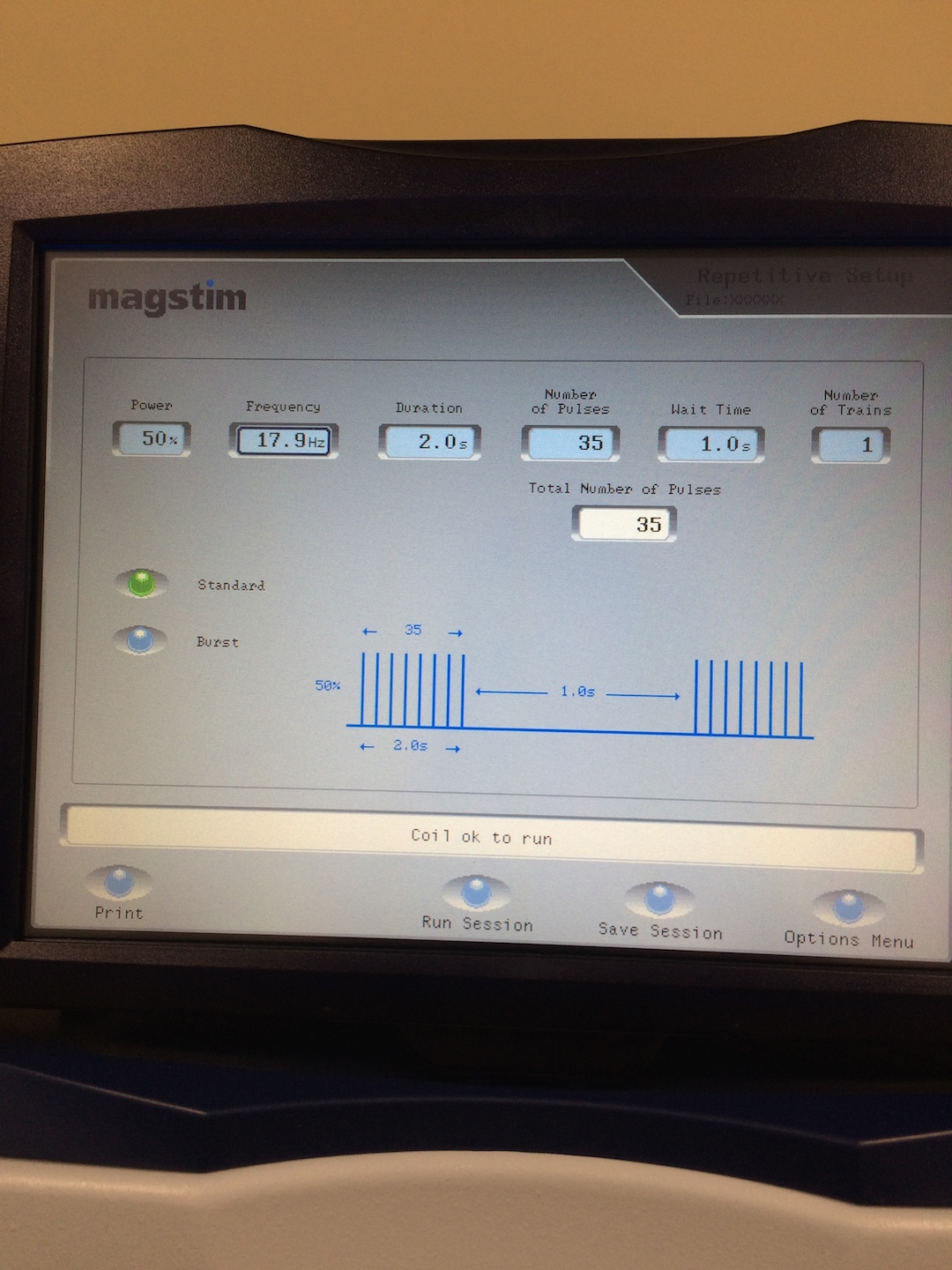I recognize this post is way overdue. I’ll be frank; I’ve been putting it off. It’s the hardest post I’ve had to write. The last post that was The Hardest Post to Write was due to the overwhelming emotional component. This thing is not that thing; the difficulty in this new post is that it’s highly scientific, and I am no science writer. It required a good deal of research, and citations, and sifting through conflicting information, and just yikes, yikes yikes.

So I put it off. And I put it off. And I put it off some more. And here we are a year later. And then I get this:

I don’t know who Jaime is. I didn’t think anyone I didn’t know really cared about this blog all that much.
I felt kind of like an asshole.
It’s time to

Thanks for the lift, Jaime.
Again, you’re reading my blog, not Scientific American, but I’m going to do my best with giving good information, citing sources, etc. etc. And then you can do your own legwork too on this stuff. Ok? Ok. Away we go.
So it’s the next day after my freakout and…I’m doing a little better. I haven’t yet figured what the hell happened exactly, or why…did my serotonin levels take a roller coaster drop that was too intense for me to handle? Can you OD on oxytocin? Did I just have a good-old fashioned panic attack based on the circumstances of…oh I don’t know…having had no one close to me in months? Let the research commence! Because this is how I deal with things that are scary- I search for a way for science to explain it to me.

So the first thing I stumble on is this article by a guy named Dario Nardi, who has some pretty extensive experience in the field of neuroscience (although I found it odd that he somehow made the jump from systems science). He’s got a background in industrial engineering, and so it seems fitting that a lot of his research is centered around the use of EEG. How those results connect to brain chemistry I’m not entirely sure, but feel free to try connecting those dots by reading up on him here. Anyway, he says oxytocin (a hormone that promotes bonding), is found in both men and women, but it synergizes with estrogen, which is more prominent in women. This may explain the trend of women becoming more emotionally attached during sexual activity or even cuddling than men, as we all know oxytocin is released through close physical contact.
On the flip side, he says that vasopressin is also found in both men and women, but it synergizes with testosterone. Here I’m lost, because while he claims that it promotes “monogamy, pair bonding and mate guarding”, he also goes on to say that it “allows one to feel separate, with dampened emotional responses”. Soooo…..men bond but….aren’t as emotional about it? Isn’t that what…bonding is? He doesn’t mention whether it takes longer for vasopressin to kick in than it takes oxytocin to kick in (feel free to enlighten me in the comments with any insights). He does say that while oxytocin increases in men and women 5-fold during sex, afterwards, it takes a nosedive for men and the “separateness” of vasopressin spikes up.
Well, that certainly explains- if not everything (certainly not the LT’s propensity for snuggles)- a lot of…past male behavior I bore witness to.

As does his bit that “high oxytocin inhibits cognitive ability by impairing learning and memory. It encourages emotional extremes.” Been there! (Explain anything for you, fellas?)
Helen Fisher- a biological anthropologist at the Kinsey Institute so, no joke- meanwhile, tells me in person (I saw her speak at a Secret Science Club event) that there’s “no difference” between the effect of oxytocin and vasopressin in men and women.
So who’s right? And I’m left even more confused than before.
All I know really is that it doesn’t look like I can “OD” on oxytocin (a search on whether cuddling can cause panic yielded no results), but rather, while something in my brain tried to make me bond, not being psychologically prepared for this, something else in my brain was fighting off those chemicals like mad.
Dig deeper.

There are other chemicals involved. Like norepinephrine. Back to Helen Fisher (who seems to get cited a lot on this stuff), norepinephrine is a big player when it comes to attraction. She in turn cites a study whereby a drop of male urine was placed on the upper lip of a female prairie dog; result, norepinephrine spike (full disclosure, there was no pee on my mouth, I’m just saying, she cited this thing where like, the pee, and the chemical, they…oh never mind. Look at these prairie dogs).

Another study is cited whereby when slides of the faces of rams are put in front of a ewe, norepinephrine spikes. Did LT have just the right face? While lacking in wide-set eyes, a teensy mouth and heart-shaped snout,

LT did have a pretty nice face. It was fairly symmetrical, the perception of which, incidentally, has shown to light up the ventral segmental area of the brain…an area rich in dopamine (more on this ingredient of the LOOOOVE cocktail in a moment).
How does norepinephrine make us feel? Well, it feels like adrenaline, what with the palpitating heart, and Fisher says “intense energy, sleeplessness, craving, loss of appetite and focused attention.”

Norepinephrine has to be a part of the picture, right (but seriously the tornado of scientific articles I’ve been reading for this post is driving me to drink)? The energy? Sleeplessness? Craving? Focused attention? All of this happened. All. Of. This. (Not the decreased appetite tho- I’m a foodie, guys, it takes a serious depressive episode to knock that one down). I note that I just started taking an SNRI (seratonin norepinephrine reuptake inhibitor) which is supposed to help with anxiety and yet? It…inhibits the reuptake of norepinephrine, that does the aforementioned and….HUH? But perhaps this is just all too much too soon. Perhaps this is too much trans-romantic-stimulation for my brain.
But it doesn’t stop there. Dopamine. The pleasure neurotransmitter. When you have a novel, exciting, experience- i.e., like my first totally lit date since my separation (read: cute, not a dummy, asks me questions about myself, is a gentleman)-

dopamine goes up, and whoever is in front of you becomes, well, more attractive than perhaps you’d typically find them. Given how stale my experiences had been prior to then, perhaps it was all so unexpected (and the bar so low), that the rush of pleasure just went to my head.
Moreover, as levels of dopamine and norepinephrine climb, serotonin plummets.
Then I find myself going down a rabbithole of articles detailing signal peptides, protein precursors, post-translational modification. I want to understand. I want to understand these tiny mechanisms and goings-on in my brain, that generate my thought patterns, that influence my life. Why I, never known to be an intimacy-averse individual, reacted so out of character.
I am still lost on just what happened in my noggin the night before. Now it feels like I just amassed a ton of ingredients to bake the perfect cake, but have no idea what to do with them. Like I’m a really great shopper, but can’t chef worth a damn.
SO NOW WHAT.
Next up, Part 2 of Day 24: Area 6, What’s Our OxyDopaPressinephrine Plan? A long (and long overdue post).

2 thoughts on “Day 24: Area 6, What’s Our OxyDopaPressinephrine Plan? A long (and long overdue) post.”